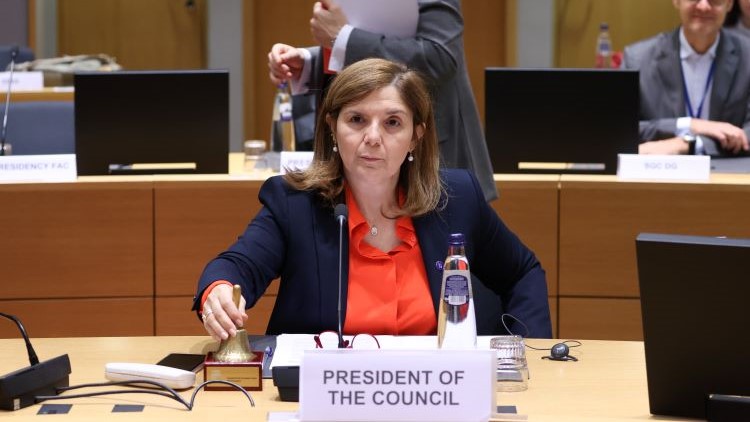Eduardo González
The State Secretary for International Cooperation, Pilar Cancela, yesterday called on EU Member States to speed up the approval of the Financial Assistance Facility for Ukraine to ensure “stable and predictable funding for the reconstruction” of this country.
Cancela participated yesterday in Brussels in the Foreign Affairs Council, in its Development formation, where she reported on the situation in Ukraine, aid to Palestine, the implementation of the Gender Action Plan III and the results of the EU-CELAC summit.
Pilar Cancela, who chaired the meeting on behalf of EU High Representative Josep Borrell and in the framework of the Spanish Presidency of the Council of the Union, provided an update on the state of play of EU support to the reconstruction of Ukraine, with a special focus on the security and resilience aspects, and the broader context of the EU’s security commitments to Ukraine. She also stressed the need to adopt the Facility as swiftly as possible to “ensure stable and predictable financing for Ukraine’s reconstruction,” the Council said in a press release.
On June 20, the European Commission proposed, as part of the review of the EU budgetary framework, the creation of a specific financing instrument, the Ukraine Facility, to provide Ukraine with “coherent, predictable and flexible support” over the period 2024-2027. The overall envisaged amount of the Facility is €50 billion for the period 2024-2027 in grants, guarantees and loans.
Once the proposal has been submitted, it is up to the European Parliament and the Council to examine it. For the time being, the Parliament has already approved the creation of the Facility by an overwhelming majority on October 17. Negotiations with the Member States can begin as soon as the Council agrees on a common position.
Brussels’ objective is to have the proposal adopted before the end of 2023, so that the first financing plan for Ukraine for the period January to June 2024 can be launched. The Facility will replace the bilateral support currently provided by the EU under the EU’s Global Europe-Vecinity, Development and International Cooperation Instrument (IVDCI) and the €18 billion macro-financial assistance (MFA) program, which is due to expire at the end of 2023.






